Beekeeping revives forests in Ghana
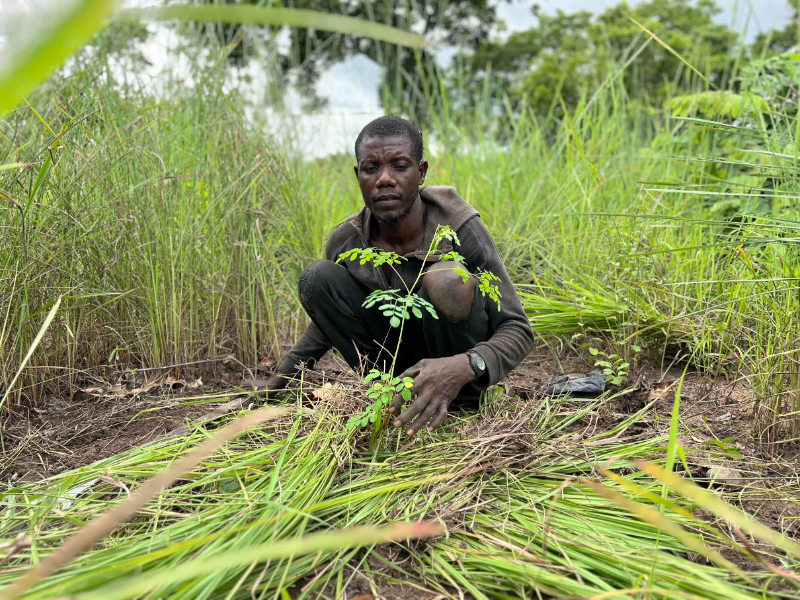
Issau Amadu planting trees near his apiary at Apesika. Credit - Isaac Mbroh.
Beekeepers restore the forests of Afram Plains
The forests of Kwahu Afram Plains, in the east of Ghana, are suffering from unsustainable exploitation, lack of management and destructive dry season fires. People here can point to useful and valuable tree species which used to be abundant and are now hard to find, such as Ceiba pentandra, Khaya ivorensis, and Milicia excelsa. The fruit of Parkia biglobosa, or the African locust bean, is a source of food and medicine and is in decline. Lakeside communities notice the loss of Momordica charantia, or wild bitter melon, which used to be widely used for making fish traps.
The people in this hard-to-reach part of Ghana have limited access to employment and livelihood opportunities, making their reliance on natural resources particularly acute. The poverty metrics of these communities are some of the lowest in Ghana.
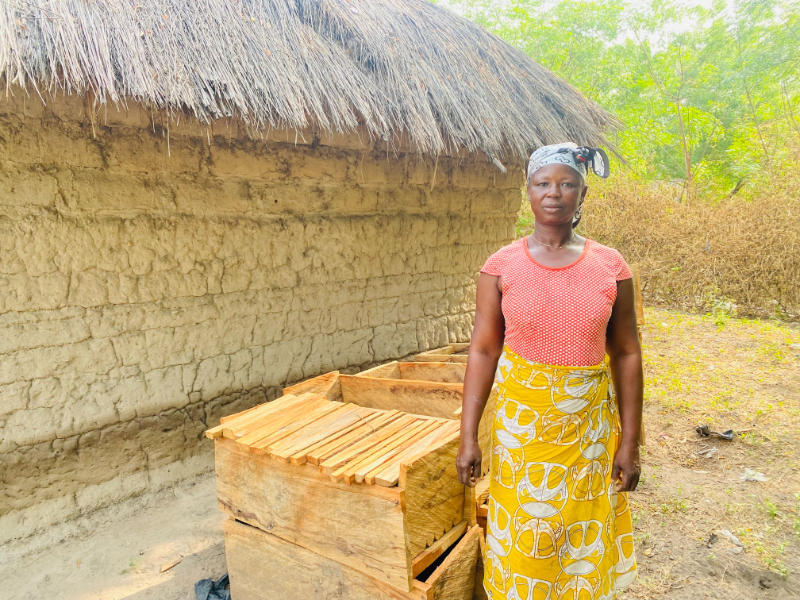
Yet within the forests lies a golden opportunity. Despite the degradation, the forests support a healthy honey bee population and good floral resources from trees, shrubs, and herbs. Until recently the only people to benefit from bees were honey hunters – people who plunder wild nests. Following a plea from local communities, Bees for Development Ghana started to provide beekeeping training, with a focus on turning honey hunters into nature-based beekeepers, and making beekeeping accessible for women. Yet it was the support from Darwin Initiative which enabled us to take our intervention to scale and complete the ‘virtuous circle’ between people, bees, and biodiversity.
"From the beginning, this initiative has been driven by the needs and wishes of the local community. They recognised that there was money in honey and asked for support to make this happen."
People told us that having a reliable and rewarding route to market was key. So, instead of focusing on production first and thinking about selling as an afterthought, we invested in a social enterprise and built a Honey and Beeswax Processing Centre in the town of Donkorkrom. Being able to sell honey for cash instantly transforms bees and beehives into economic assets, thus incentivising beekeepers to maintain the forests where their hives are located. It is this logic which goes to the heart of our project, ‘Beekeepers Restore Forests’. And it is working.
Led by Ghana National Fire Service, beekeepers have been trained in bush fire prevention and mitigation. Last year, no beekeeper experienced any fire in their forest-located apiaries – due to their care. In the second year, indigenous forest management is augmented by tree planting. Again, the feedback is positive with beekeepers receiving tree seedlings with enthusiasm. Issau Amadu said, “I’m excited about the opportunity to plant bee-friendly trees to improve the floral diversity around my hives. Knowing the importance of caring for trees and planting more trees is an eye-opener for many of us. We recognise that honey yield depends on the number of flowering trees here”.
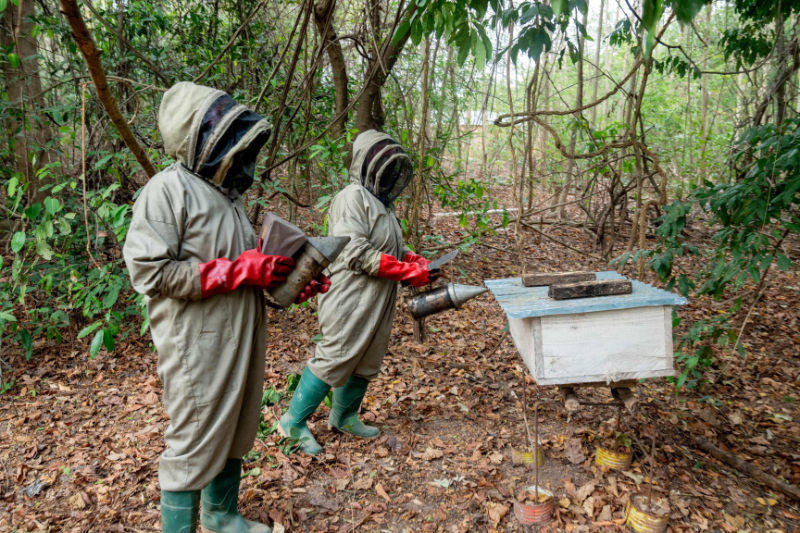 Nature-based Women beekeepers in their apiary at Abomasarefo. Credit - Isaac Mbroh.
Nature-based Women beekeepers in their apiary at Abomasarefo. Credit - Isaac Mbroh.
Our project is making an impact on biodiversity conservation by changing people’s perceptions about vegetation. Instead of viewing woody resources as primary material for charcoal making, more people are seeing these resources as providing bee forage – and therefore need to be maintained. Beekeepers’ enthusiasm to protect their hives, bees and bee forage is driven by their ability to sell honey. They are trying to conserve biodiversity for the main reason that they are able to earn money. In the 2024 honey season, beekeepers earned over £15,000 from selling about 13 tons of honeycombs. Some of the beekeepers who brought honey to the Centre, and were paid using Mobile Money, said they had never received so much money before. The priority expenditure for both men and women is children’s school fees.
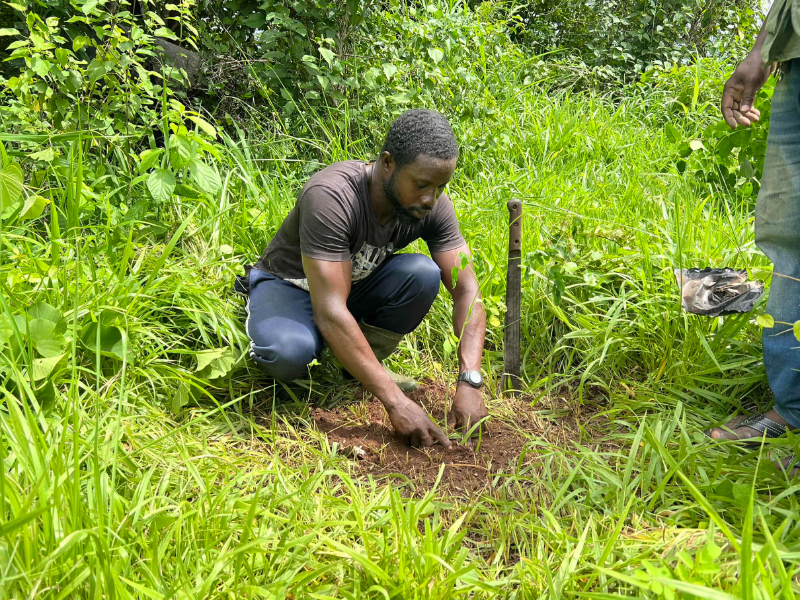
The social enterprise, established to trade the honey, has invested in a marketing strategy which includes a traceability system, brand creation, and a partnership with a honey packing company. The first consignment of 3.6 tons of honey to leave Donkorkrom marked a real milestone.
“This is a monumental day for me and my community,” said Shafik Asminu, a nature-based beekeeper. “For too long, we have watched our forests disappearing and our environment suffer. Now, we’re not only protecting our natural forest resources, but also creating a new source of income for our communities through nature-based beekeeping,” Shafik added. Bees for Development Ghana’s Isaac Mbroh said, “This shipment is just the beginning. We aim to expand this initiative. The goal is to create a sustainable and resilient economy in Kwahu Afram Plains, reducing reliance on destructive practices and promoting environmental conservation through nature-based beekeeping. The success of this first truckload demonstrates the potential of beekeeping to transform communities.”
 Community leaders at our tree nursery at Donkorkrom -compressed. Credit - Isaac Mbroh.
Community leaders at our tree nursery at Donkorkrom -compressed. Credit - Isaac Mbroh.
A truck driver who carried the first honey load out of Afram Plains said, “I’m a truck driver and over the years we have been transporting charcoal and other goods to Accra. Today, I have seen there is a new product from Afram Plains, that is honey. I know people cut trees to make charcoal, reducing the forest cover – not a good practise. But I’m happy now we have people who have the knowledge and skills to produce honey from trees. And I’m sure the presence of this organisation [Bees for Development Ghana] will make everyone here very happy. I’m happy about volume of honey produced so far and I believe with time we can produce more for export for the whole world to hear about Ghana. I am proud that I’m the first driver to transport the first 3.6 tons of honey from Afram Plains to Saltpond.”
From the beginning, this initiative has been driven by the needs and wishes of the local community. They recognised that there was money in honey and asked for support to make this happen. Our approach has been to ‘push at an open door’ and deliver support to communities who wanted to do beekeeping. Some people were reticent until they saw others making money. The Honey and Beeswax Centre now serves as a catalyst for others and many people come to the centre asking how they can keep bees. It is this tangible link between bees and trees which has made our 2024 tree planting programme a success.
Written by Isaac Mbroh and Janet Lowore. For more information on this Darwin Initiative Main project 30-001, led by Bees for Development, please click here.
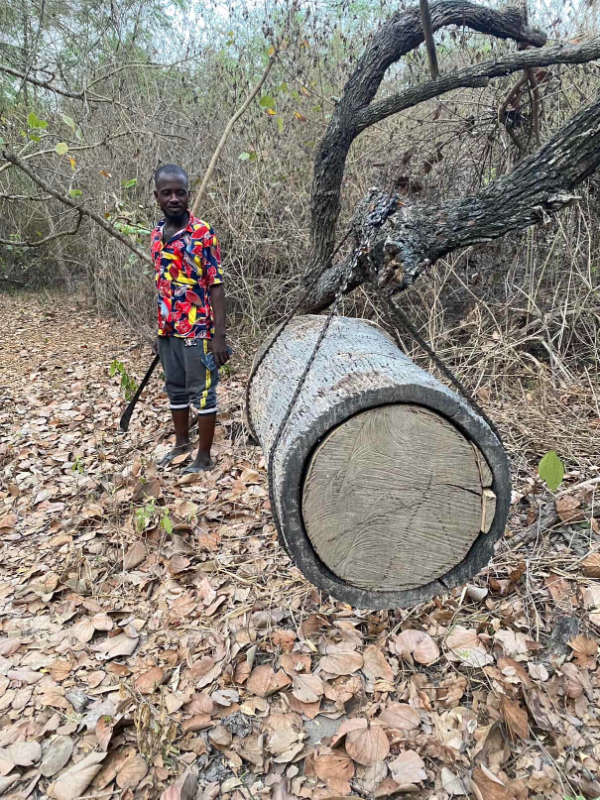
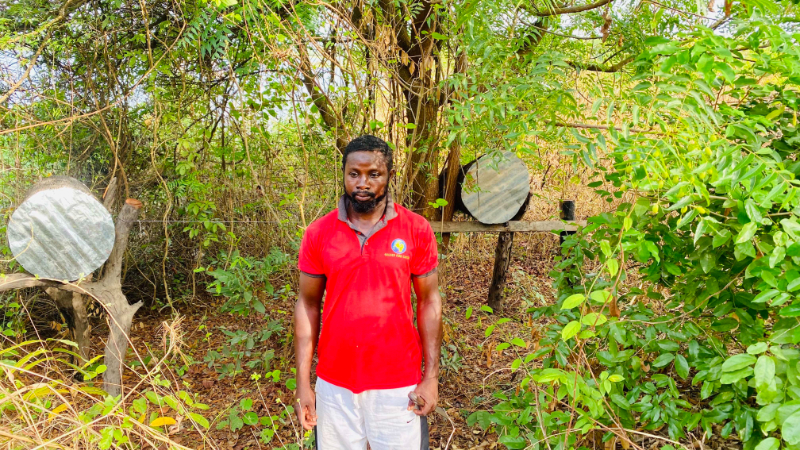
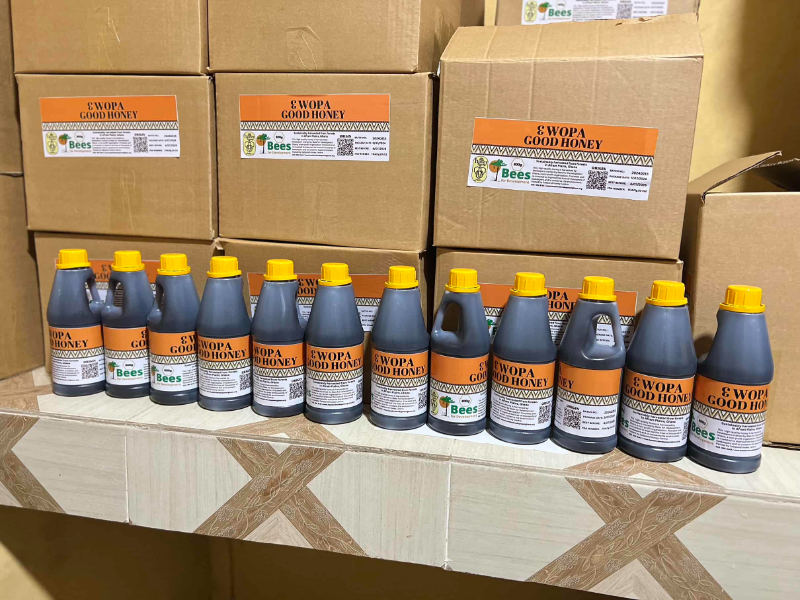
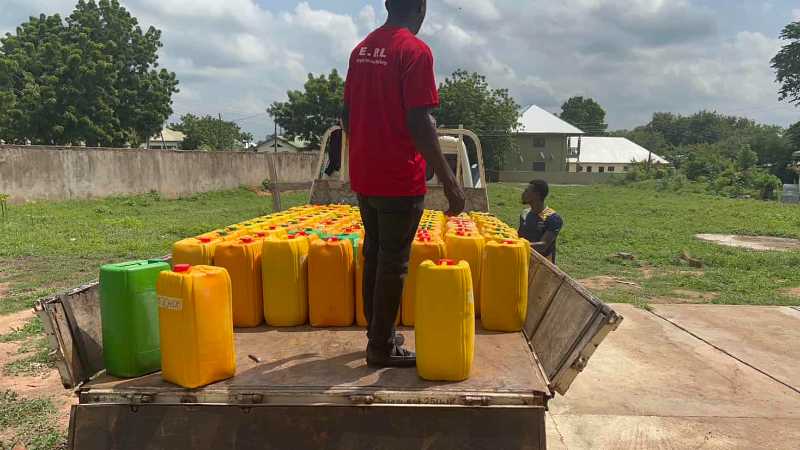
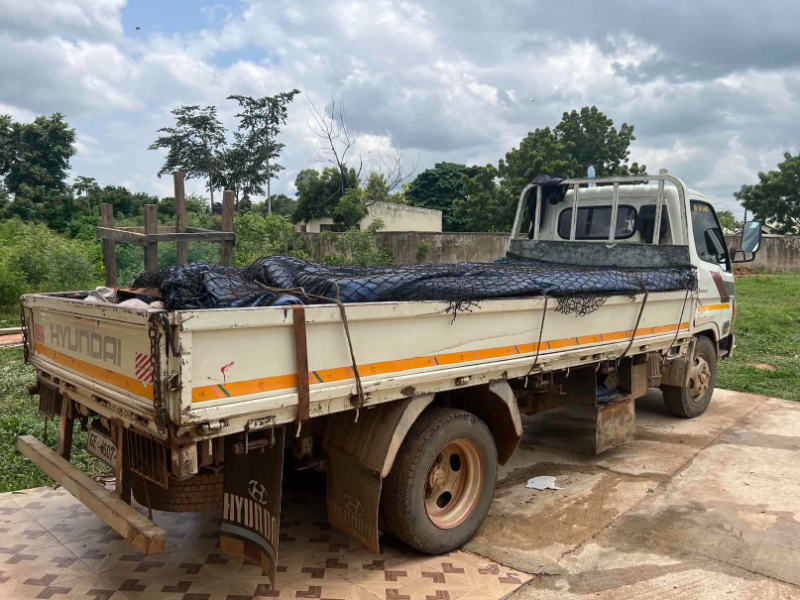
 Back
Back